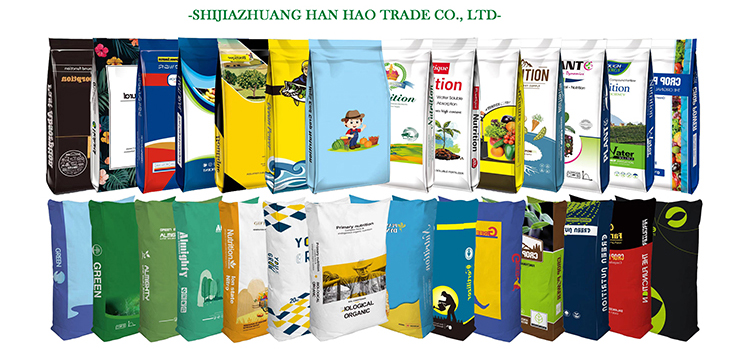
अगस्त . 13, 2024 10:22 Back to list
Where to Purchase High-Quality Granular Humic Acid for Optimal Soil Health and Plant Growth
The Benefits of Buying Granular Humic Acid for Agriculture
Humic acid is a crucial component of soil health and fertility, playing a vital role in enhancing the productivity of crops. As agricultural practices evolve, the need for effective soil amendments has become indispensable. Among the various forms of organic matter available, granular humic acid stands out due to its numerous benefits and ease of application. In this article, we will explore why you should consider buying granular humic acid for your agricultural needs.
What is Granular Humic Acid?
Granular humic acid is derived from natural organic matter, primarily sourced from Leonardite or lignite. It undergoes a process of extraction that results in a concentrated product enriched in humic substances, which are known to enhance soil structure, nutrient retention, and microbial activity. The granular form makes it particularly convenient for spreaders and easy to apply in various farming contexts.
Enhancing Soil Structure
One of the primary benefits of applying granular humic acid is its ability to improve soil structure. Humic acid helps in binding soil particles together, which creates a more stable soil aggregate. This improved structure increases aeration and drainage in the soil, facilitating a better root environment for plants. A well-structured soil is less prone to compaction and erosion, leading to healthier, more productive crops.
Increasing Nutrient Availability
Granular humic acid plays a significant role in nutrient management within the soil. It has the unique ability to chelate micronutrients, making them more accessible to plants. This chelation process helps release nutrients that might otherwise be locked in the soil, thereby increasing their availability. Farmers who invest in granular humic acid often notice a marked improvement in crop health and yield due to enhanced nutrient uptake.
buy humic acid granular

Boosting Microbial Activity
Healthy soils are teeming with microbial life, which is essential for nutrient cycling and organic matter decomposition. Granular humic acid serves as a food source for beneficial soil microbes, promoting their activity. When microbial populations thrive, they contribute to the overall health of the soil ecosystem, increasing organic matter and further enhancing soil fertility. Consequently, a rich microbial community leads to improved plant growth and resilience.
Water Retention and Drought Resistance
In today's changing climate, drought resistance is more critical than ever. Granular humic acid enhances the water-holding capacity of the soil, allowing for more efficient use of irrigation. By improving soil texture and increasing organic matter, it enables soils to retain moisture for longer periods. This characteristic is especially beneficial in regions prone to drought, ensuring that crops remain hydrated and productive even during dry spells.
Cost-Effectiveness
Investing in granular humic acid is not only beneficial for soil health but is also a cost-effective agricultural practice. Improved soil fertility leads to higher crop yields, which can offset the costs associated with purchasing the product. Additionally, many farmers find that the enhanced nutrient retention reduces the need and frequency of chemical fertilizers, further lowering input costs.
Conclusion
The advantages of incorporating granular humic acid into your agricultural practices are numerous and well-documented. From enhancing soil structure and nutrient availability to boosting microbial activity and water retention, this natural amendment can have a transformative effect on your farming operations. If you are looking to improve soil health and increase crop yields sustainably, consider buying granular humic acid. Its versatility and benefits make it a wise investment for farmers dedicated to achieving long-term fertility and productivity in their land.
-
Premium Amino Acid Fertilizer | Rapid Plant Growth Booster
NewsJul.31,2025
-
10 10 10 Fertilizer Organic—Balanced NPK for All Plants
NewsJul.30,2025
-
Premium 10 10 10 Fertilizer Organic for Balanced Plant Growth
NewsJul.29,2025
-
Premium 10 10 10 Fertilizer Organic for Balanced Plant Growth
NewsJul.29,2025
-
Premium 10 10 10 Fertilizer Organic for Balanced Plant Growth
NewsJul.29,2025
-
50 Pound Bags of 13-13-13 Fertilizer for All Plants – Bulk & Organic Options
NewsJul.28,2025
